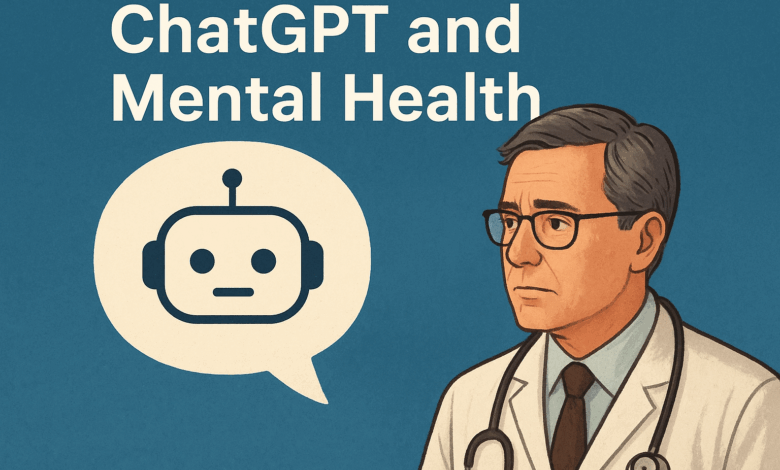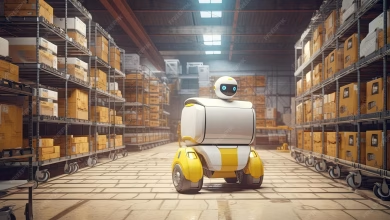
Artificial intelligence has quickly become part of our daily lives. In coffee shops, classrooms, and corporate boardrooms, conversations often drift toward tools like ChatGPT; what they can do, where they fall short, and how they’re shaping the future. As a practicing psychiatrist in New York City, I’ve been paying close attention to how these tools interact with something even more personal than productivity: our mental health.
The Promise of AI Companionship
For many people, the appeal of AI chat platforms lies in their accessibility. They are available 24/7, non-judgmental, and able to provide immediate responses. For someone experiencing loneliness, anxiety, or stress, typing into ChatGPT can feel like having a safe space to share thoughts that might otherwise go unsaid. In fact, early research shows that users often turn to AI for reassurance, perspective, or simply to “vent” in the moment.
From a psychiatric lens, this accessibility can be valuable. Not everyone has the time, resources, or willingness to engage with a therapist right away. AI can serve as a bridge, a low-barrier entry point where people begin to recognize and articulate their emotions. Sometimes just putting words to feelings is the first step toward healing.
Where AI Falls Short
But let’s be clear: ChatGPT is not a replacement for mental health care. While it can simulate conversation and even offer coping strategies, it lacks the nuance of human connection, the clinical training to detect serious red flags, and the accountability of a therapeutic relationship.
For example, if someone is experiencing suicidal thoughts, no AI system can safely replace the judgment of a trained professional who can assess risk and intervene appropriately. Similarly, mental health is often about what isn’t said, the subtle shifts in tone, posture, or silence that signal distress. These are things an AI cannot pick up on.
The Human-AI Partnership
Rather than fearing that AI will replace therapists, I see a future where it complements what we do. ChatGPT might help patients track their moods between sessions, practice CBT (cognitive behavioral therapy) techniques, or prepare questions they want to bring up in therapy. It could even reduce stigma by making conversations about mental health feel more approachable.
Imagine a world where someone uses ChatGPT to draft their thoughts before a therapy appointment, arriving more prepared, less anxious, and ready to engage. Or where AI helps normalize the language of mental health in everyday conversation, lowering the barrier for people to seek real help when they need it.
A Balanced Approach
The key is balance. AI can be a helpful tool, but it is just that; a tool. Human connection, empathy, and clinical expertise remain at the heart of healing. If ChatGPT encourages more people to prioritize their mental health, it’s a step in the right direction. But when it comes to care, diagnosis, and treatment, the relationship with a professional is irreplaceable.
As psychiatrists, clinicians, and technologists, we have a responsibility to guide how these tools are used ensuring they support, rather than replace, genuine human care. AI is here to stay. The challenge, and the opportunity, is making sure it helps us build a healthier, more connected future.





